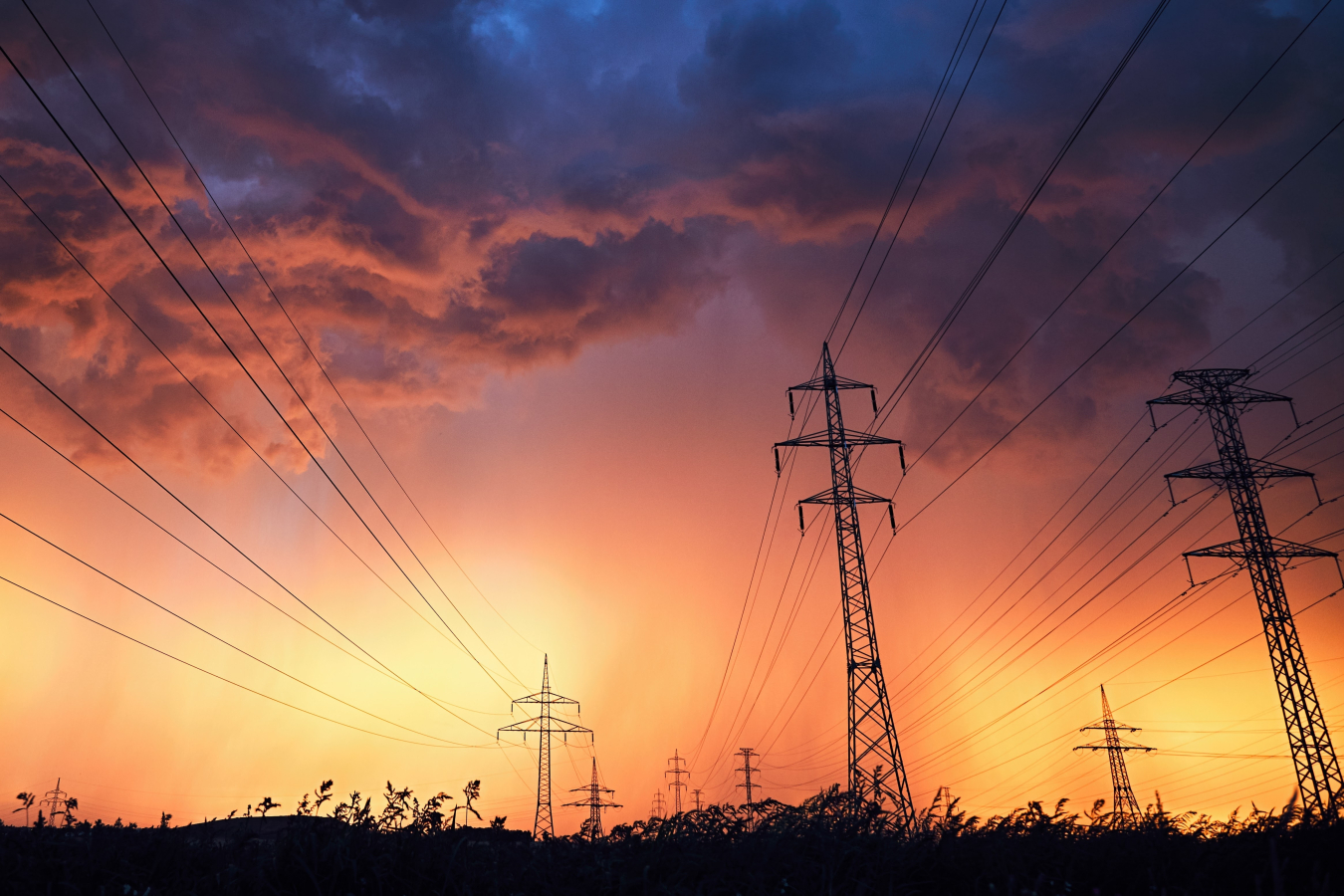A newly released summary report details CECA’s evaluation of Asimily’s risk management platform.
Office of Cybersecurity, Energy Security, and Emergency Response
December 5, 2024The Critical Energy Cybersecurity Accelerator (CECA) program, in partnership with the U.S. Department of Energy’s (DOE) Office of Cybersecurity, Energy Security, and Emergency Response (CESER) and utilities, aims to decrease cybersecurity risk in the electric sector by expediting the deployment of emerging operational technology (OT) security technologies.
Following a successful first cohort, CECA convened a second round addressing the complexity of industrial control systems (ICS) and risks arising from incomplete system visibility.
A newly released summary report details CECA’s evaluation of Asimily’s risk management platform, tested by the National Renewable Energy Laboratory (NREL). The platform raised visibility of connected devices by bolstering capabilities in device inventories, device vulnerability mitigation, risk modeling, threat detection, and incident response.
The report stems from a collaborative effort between industry and Federal stakeholders that provides innovators with a comprehensive platform to develop and test cybersecurity technologies for an increasingly diversified grid that includes critical energy technologies.
“This program brings together Federal capabilities and expertise, energy sector asset owners, and technology innovators to develop and deploy modern grid technologies that are not only cost-competitive but also demonstrate the highest level of security by design," CESER Director Puesh Kumar said. “With world-class capabilities at NREL, technology innovators will have a platform to develop and deploy renewable, cost-effective, and secure grid technologies with a pathway to technical validation and demonstration.”
Nick Blair, technical team lead at NREL, said CECA Cohort 2 focuses on the first function of the National Institute of Standards and Technology Cybersecurity Framework, which is “identify.”
“It’s fascinating to see how different companies have tried to address this function in energy systems, and what niches they can fill,” Blair said. “While there are numerous mature ways to do this in an information technology context, we’re looking at this problem through the lens of OT and future energy systems.”
Read more about the evaluation in the full report.
CECA is managed by NREL and sponsored by DOE CESER and utility partners in collaboration with DOE’s Office of Energy Efficiency and Renewable Energy.


